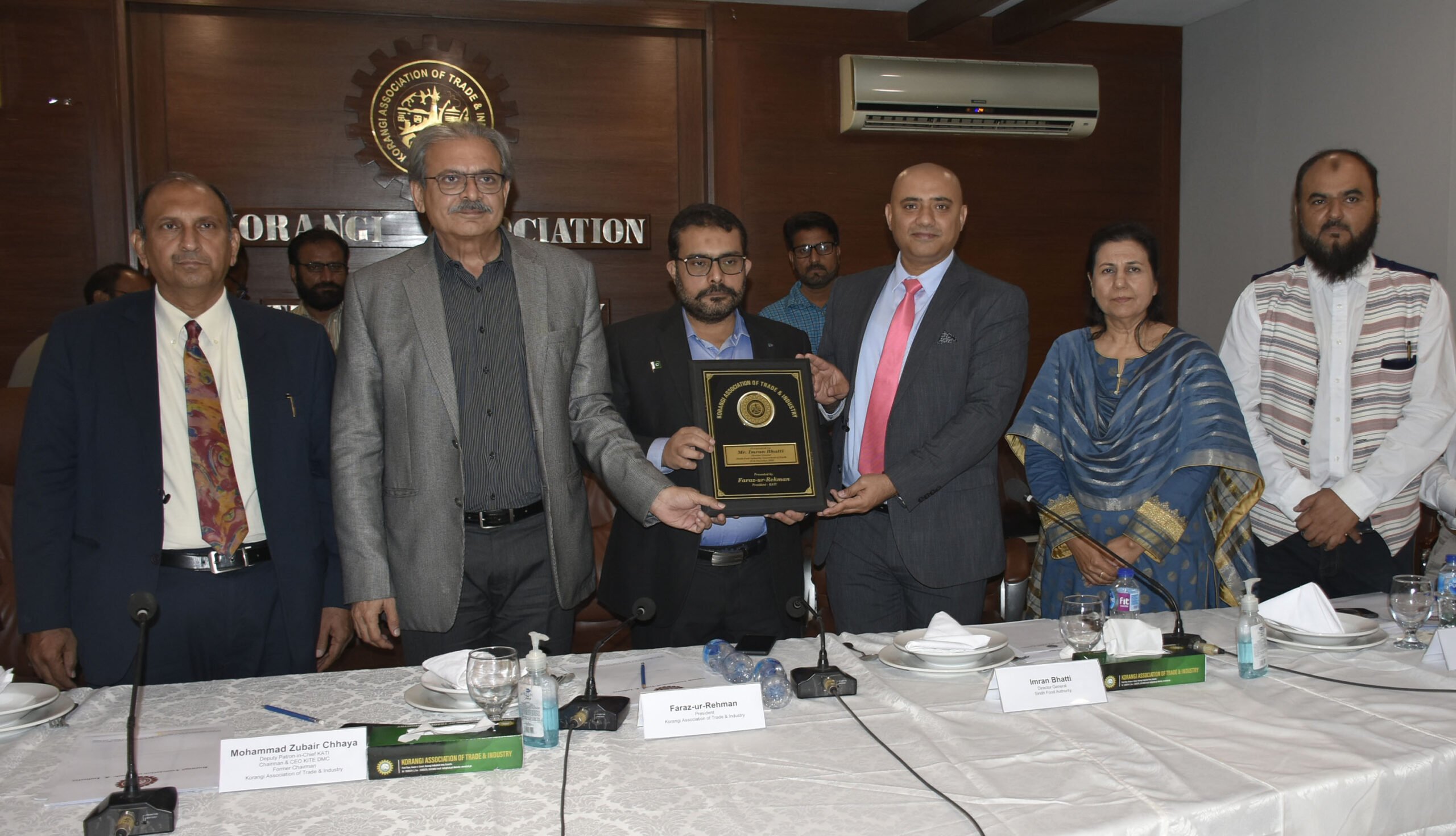KARACHI- Small and medium enterprises (SMEs) across the Middle East and Africa (MEA) region are recognizing digitalization as essential to staying competitive in a transformed business and economic environment. The insight is one of many in a new white paper by payments technology leader Mastercard, which explores the way small businesses are viewing digital payments, online presence and the benefits of an evolving cashless economy.
The white paper, titled ‘The Digital SME: How Are Small and Medium Enterprises in the Middle East and Africa Embracing a Digital Future?’, is an in-depth follow-on study from the data-rich Mastercard MEA SME Confidence Index 2021. This piece of research released findings about the importance of digitalization and rising confidence levels as SMEs across sectors, products, and services in the region, adapt to the new and evolving economic landscape.
It revealed that SMEs in MEA recognize faster access to revenue as the biggest benefit of a cashless economy to their business (44%). Other benefits identified include the ease of not handling or processing cash (50%) and having more convenient ways of paying suppliers and employees (50%).
The white paper also found that digitalization has progressed globally since 2018, but has seen higher traction among larger corporations and financial institutions than among SMEs. It accelerated in 2020-21 to enable continuity of business, with the OECD estimating 70% of SMEs globally intensifying their use of digital technologies due to COVID-19 restrictions. Currently, according to the Mastercard MEA SME Confidence Index, digital payment methods used by MEA SMEs include mobile (59%), online (49%), and cards (48%).
Increasingly, SMEs are recognizing the practical benefits of digitalization in day-to-day operations, as opposed to viewing it as a long-term project for the future. There’s a solid case for this when data shows that 41% of SMEs that implemented digitalization initiatives.
“Connecting businesses to one another within the ecosystem, to help them grow and prosper, is a key objective for Mastercard. For a neighborhood vendor or store, there are simple solutions to reduce the risk and cost of cash, and open up sales to more customers. At Mastercard, we continue to leverage our technology, insights, global expertise and partnership approach to empower every business, especially SMEs, everywhere to grow digitally, become stronger than before, and prosper in a more connected, equal, and inclusive world,” said Amnah Ajmal, Executive Vice President, Market Development, MEA, Mastercard.
According to the Organization for Economic Cooperation and Development (OECD), up to 70% of SMEs globally have intensified their use of digital technologies in the wake of COVID-19. However, the gaps in SME digital adoption have not been filled. The challenges include access to infrastructure, lack of a data culture and digital awareness, and financing gaps for transformation costs, among others. Access to financing remains a key concern for SMEs worldwide, with the IFC estimating an unmet need of USD 5.2 trillion per year.
Through technology services, cyber assessments, insights, grants, digital training, mentoring platforms and knowledge initiatives, Mastercard will contribute $250 million over five years to support small businesses’ financial security globally. As part of its goal to build a more sustainable and inclusive world, Mastercard has committed to connect 50 million small businesses, including 25 million women entrepreneurs globally, to the digital economy by 2025.




















